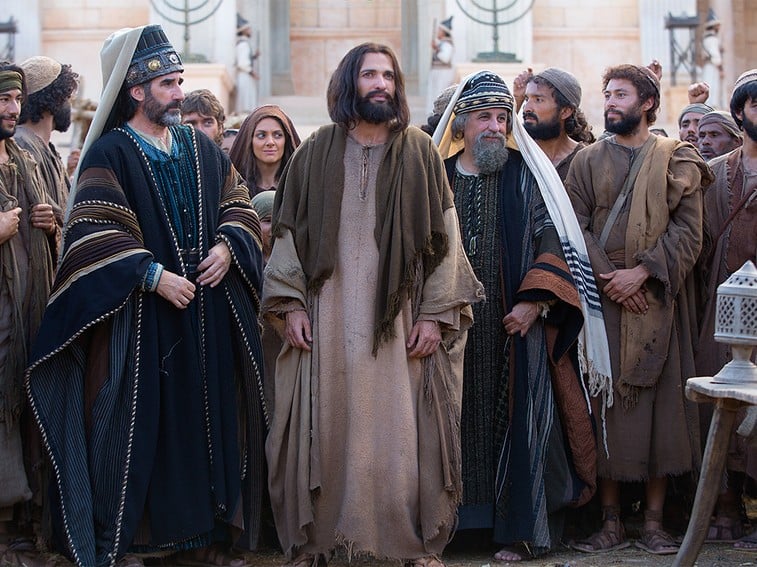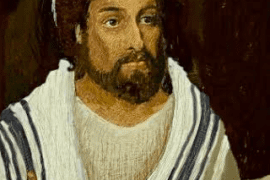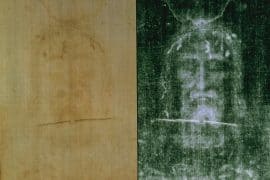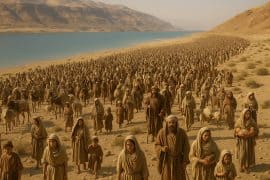It has become common to read the Gospel of John, with its theology of Christ as the heavenly Messiah, its attitudes toward the Torah, and its “othering” reference to “the Jews,” as elements of an emerging anti-Judaic, or even anti-Semitic, stage of the developing Jesus movement. Years ago James McGrath published a most informative article in this regard that I only recently read. It is particularly valuable for its citations to the various discussions of this topic. I am sure James would find ways he would want to update it today but I found it most helpful and I want to recommend it to my readers. It is fortunately available on-line:
“Johannine Christianity: Jewish Christianity?” Koinonia (1996):1-20.

“Jewish Christianity” has been a category notoriously difficult to define–given its inherent complexities and the subsequent developments of various forms of Judaism as well as Christianity in the post-70 CE period. McGrath’s article and its conclusion is well worth considering:
Given the diversity in both first century Judaism and in early Christianity, it would be reasonable to presume that there was also a certain amount of diversity in jewish Christianity. One corollary of this is that there is no need to force John into a set mould: John could differ from a given definition of Jewish Christianity in one or more areas, and yet possibly still be rightly classed as a Jewish Christian work in some sense. Yet what is striking is the fact that it is possible to read and understand John quite naturally as containing precisely those features which have been singled out by many scholars as distinctively Jewish Christian: adoptionist Christology, Torah observance, and a continuing Jewish or Israelite selfidentity. Although there is still work to be done in this area, it would seem reasonable to conclude that, in light of the evidence we have surveyed and the many other indicators of Jewish influence on and Jewish elements in John’s Gospel, the burden of proof rests on those who seek to deny a Jewish/Jewish-Christian setting for the Fourth Evangelist’s community and Gospel.








Comments are closed.